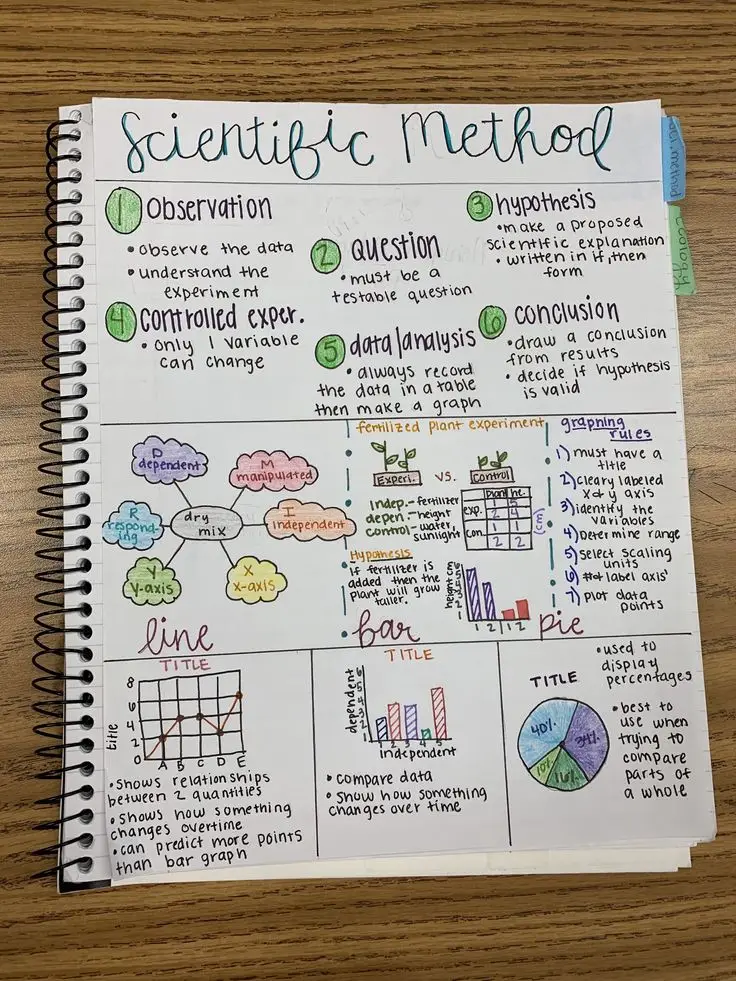
- Hook: Engaging introduction to the importance of the Living Environment Regents Exam
- Purpose: Why having a strategy is crucial for success
- Overview: Briefly outline what will be covered in the blog post
Table of Contents
1. Understand the Exam Format
- Exam Structure:
- Description of the multiple-choice, short answer, and lab practical sections
- Breakdown of how each section contributes to the final score
- Keywords: Living Environment Regents format, exam sections, test structure
2. Study Smart, Not Hard
- Create a Study Schedule:
- Importance of a well-organized study plan
- Tips for creating an effective schedule
- Utilize Study Guides and Resources:
- Recommended textbooks and review books
- Online resources and practice exams
- Keywords: Study schedule for Regents, Living Environment review books, exam resources

3. Focus on Key Topics and Concepts
- Core Areas to Review:
- Major topics like cell biology, genetics, ecology, evolution, and human body systems
- Tips for prioritizing these topics in your study sessions
- Use Concept Maps:
- How creating visual aids can enhance understanding and retention
- Keywords: Living Environment key topics, Regents exam concepts, study tips for biology
4. Practice with Past Papers and Sample Questions
- Benefits of Practice Exams:
- How practicing with past papers can help you familiarize yourself with the exam format
- Strategies for analyzing and learning from previous exams
- Sample Questions:
- Types of questions to expect and how to approach them
- Keywords: Living Environment practice exams, Regents past papers, sample questions
5. Master the Lab Practical
- Lab Skills Review:
- Common lab procedures and techniques to know
- Tips for performing well in the lab practical section
- Practical Exam Preparation:
- How to review lab experiences and practice key skills
- Keywords: Lab practical preparation, Living Environment lab skills, practical exam tips
6. Use Effective Study Techniques
- Active Learning Strategies:
- Techniques such as summarizing, self-quizzing, and teaching others
- Memory Aids:
- Mnemonics and other memory techniques for recalling important information
- Study Groups:
- Benefits of studying with peers and how to form a productive study group
- Keywords: Active learning strategies, memory aids, study groups for Regents
7. Stay Healthy and Manage Stress
- Importance of Health:
- How good nutrition, exercise, and sleep affect exam performance
- Stress Management Techniques:
- Methods for managing exam-related stress and anxiety
- Keywords: Exam stress management, healthy study habits, stress relief for students
8. Final Review and Exam Day Tips
- Last-Minute Review:
- Effective ways to review content shortly before the exam
- Exam Day Preparation:
- What to bring, how to manage your time during the exam, and tips for staying calm
- Keywords: Final review strategies, exam day tips, Regents exam preparation
- 5 Key Highlights from Inter Miami vs New York City Clash
- Newa for Home Skin Care: Transform Your Skin with This Easy-to-Use Device 2024
- New Amsterdam Vodka Stand : A Smooth Taste for Every Occasion
- New China Menu: Top Dishes You Must Try
- New Guinea Impatiens Care: Best Practices for Watering, Feeding, and Sunlight
Conclusion
- Recap: Summary of key strategies for acing the Living Environment Regents Exam
- Encouragement: Final motivational words for students preparing for the exam
- Call to Action: Encourage readers to share their study strategies or ask questions
FAQs: Living Environment Regents Exam Preparation
1. What is the Living Environment Regents Exam?
The Living Environment Regents Exam is a standardized test in New York State that assesses a student’s understanding of biology, including topics such as cell biology, genetics, ecology, evolution, and human body systems. Passing this exam is required for high school graduation.
2. How long is the Living Environment Regents Exam?
The exam is 3 hours long. It consists of multiple-choice questions, short answers, and a lab practical section.
3. What are the main topics covered on the Living Environment Regents Exam?
The key topics include:
- Cell Biology: Structure, function, and processes of cells.
- Genetics: DNA, heredity, and gene expression.
- Ecology: Ecosystems, energy flow, and environmental interactions.
- Evolution: Natural selection, adaptation, and species evolution.
- Human Body Systems: Function and regulation of body systems.
4. How can I create an effective study schedule for the Living Environment Regents Exam?
- Break your study time into manageable blocks, focusing on one major topic each week.
- Use a mix of study materials, including textbooks, online resources, and practice exams.
- Schedule time for review and self-testing as the exam date approaches.
5. What are the best resources to use for studying for the Living Environment Regents Exam?
Some of the top resources include:
- Living Environment Regents Review Books: Like Barron’s Regents or Princeton Review.
- Online Resources: Websites like RegentsPrep and practice quizzes.
- Past Exam Papers: Official past Regents exams available on the New York State Education Department website.
6. How many past exams should I practice before the real test?
It’s recommended to practice at least 3-5 past exams to get familiar with the format, types of questions, and timing.
7. What is the lab practical section of the Living Environment Regents Exam?
The lab practical is a hands-on portion where students must perform tasks based on laboratory skills they’ve learned, such as using a microscope, analyzing experimental results, and interpreting data.
8. How should I prepare for the lab practical section?
- Review your class lab reports and notes.
- Practice common lab techniques like microscope usage, data analysis, and experimental design.
- Familiarize yourself with the equipment you’ll likely use during the exam.
9. What are some effective study techniques for the Living Environment Regents?
- Active Learning: Teach someone else or explain the concepts aloud.
- Practice Tests: Regularly take timed practice tests to improve recall and timing.
- Concept Mapping: Create visual diagrams to link related concepts.
10. How can I manage exam stress and anxiety?
- Maintain a balanced lifestyle with healthy eating, regular exercise, and adequate sleep.
- Practice relaxation techniques like deep breathing or meditation.
- Break study sessions into manageable chunks and take frequent breaks.
11. What should I do the night before the exam?
- Review key concepts and take a light quiz if needed.
- Organize what you’ll need for exam day (admission ticket, pens, calculator, etc.).
- Avoid cramming or staying up late. Ensure you get a full night of sleep.
12. What should I bring to the Living Environment Regents Exam?
- Your exam admission ticket.
- Pencils and erasers for multiple-choice questions.
- A scientific calculator.
- Ruler or any other tools approved by the exam guidelines.
13. Are there any time management tips for the Living Environment Regents Exam?
- Start with the section you feel most confident about to build momentum.
- Allocate time based on the number of questions in each section.
- Keep an eye on the clock, ensuring you leave enough time to review your answers.
14. What happens if I don’t pass the Living Environment Regents Exam?
If you don’t pass, you can retake the exam during one of the three testing windows offered each year. It’s important to use the feedback from your score report to focus on areas of improvement.
15. How can I improve my score if I’ve already taken the Living Environment Regents Exam?
- Identify your weak areas from the previous exam and focus your review on those topics.
- Take more practice exams and seek extra help from teachers or tutors.
- Use targeted study materials, such as specific review books, to focus on challenging concepts.







